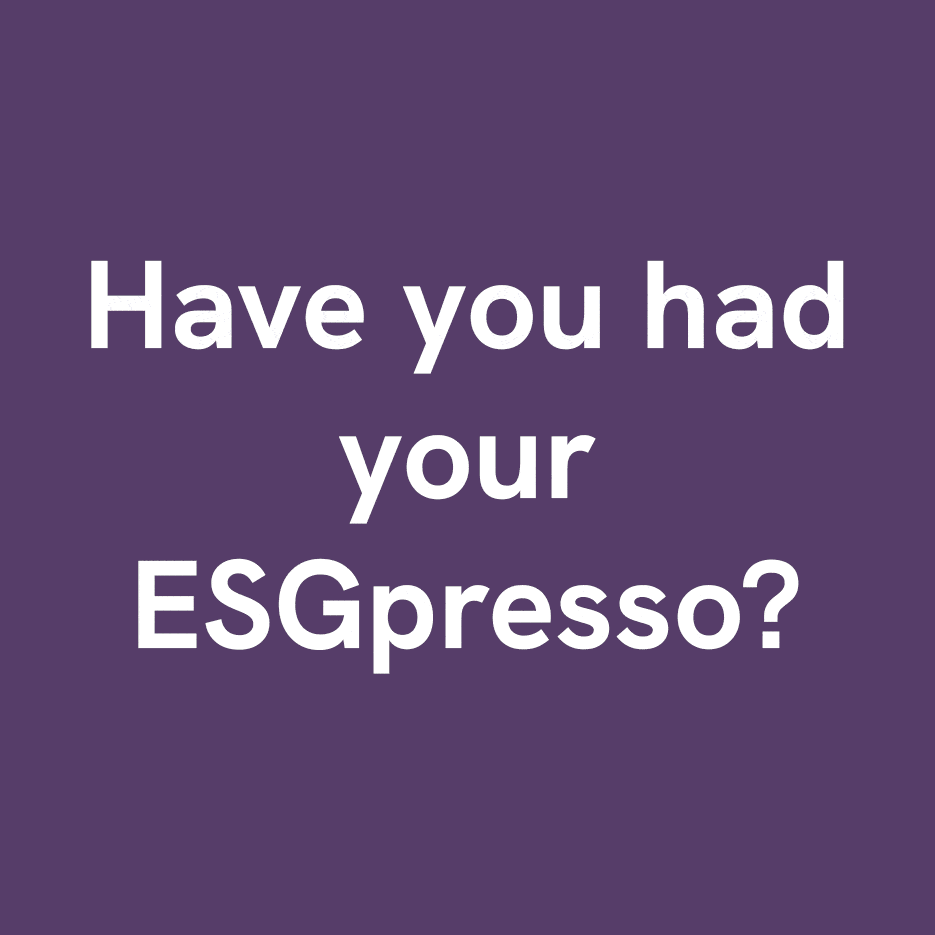It might seem like the United Nations Global Compact has been around forever. In fact, the venerable pact, launched by former UN Secretary-General Kofi Annan, is still in its early twenties. It has been growing healthily, though, attracting an impressive number of 15,000 members in more than 160 countries. And yes, you might argue that the non-binding nature of the world’s largest corporate sustainability initiative is a no-brainer proposition for any business leader looking to pledge allegiance to the cause even half-heartedly. Basically, all you need to do is sign under the pact’s famous ten principles, and you are good to go. And, let’s face it, these principles are less specific and even more wide open to interpretation than the Bible’s ten commandments.
Well, it seems like things are about to change. “We do not want the UNGC to be a soft touch for greenwashers,” writes Sanda Ojiambo, assistant secretary-general, executive director, and CEO of the UNGC, in an article published by Fortune this week. Simply pledging to uphold the ten principles is no longer enough, apparently. “Now we are asking them to demonstrate tangible progress on these commitments by reporting to our new enhanced and digitized Communication on Progress reports. They will be asked to leave if they fail to show progress,” threatens the CEO.
Not a moment too soon. As Ojiambo points out, ESG, a concept UNGC coined in 2005, is undergoing its biggest stress test ever. “No idea is worth its salt unless it can withstand scrutiny – and critics have a point,” he admits humbly, detailing the long list of indicators on which our sustainability efforts are currently failing.
“Stakeholders are increasingly sceptical of woolly goals and misleading claims,” writes Ojiambo.
Indeed, they are. Just this week, the UK’s Advertising Standards Authority banned a series of sustainability-focused adverts from HSBC bank because of their misleading environmental claims.
The bank’s two posters at bus stops in the run-up to COP 26 in October last year might have looked innocent enough to the busy Brits hurrying by. Featuring waves crashing on a shore and the growth rings of a tree, they would have gone unnoticed perhaps had it not been for the accompanying text. That is, not the truism of their common slogan, “Climate change doesn’t do borders,” just the non sequitur follow-ups: “That’s why HSBC is aiming to provide up to $1 trillion in financing and investment globally to help our clients transition to net zero”. And, “So in the UK, we’re helping to plant 2 million trees which will lock in 1.25 million tonnes of carbon over their lifetime”.
Given HSBC’s continued financing of fossil fuel projects and links to deforestation, the advertising watchdog is understandably sceptical of the bank’s claims that the posters were simply showcasing two “tangible, specific short-to-medium term initiatives.” Hence the ban, plus a gentle reminder that in the future, any marketing communications featuring environmental claims must be adequately qualified and could not omit material information about its contribution to carbon dioxide and greenhouse gas emissions. From now on, I guess we can expect lengthy disclaimers at the bottom of many a colourful posters.
Back to the UNGC, I make a note of the fact that HSBC was one of the first companies to join the initiative back in 2000. Let’s see if Ojiambo and his colleagues will eventually be willing to show some tough love even to one of their founding companies.




